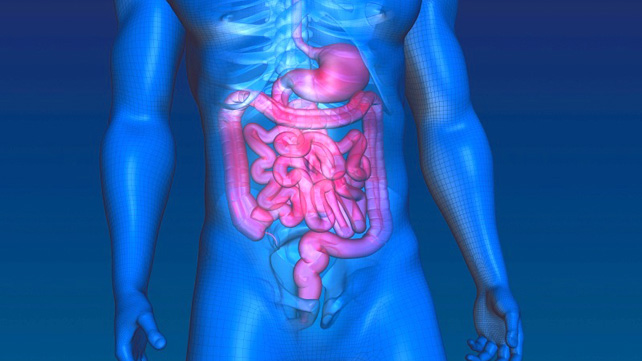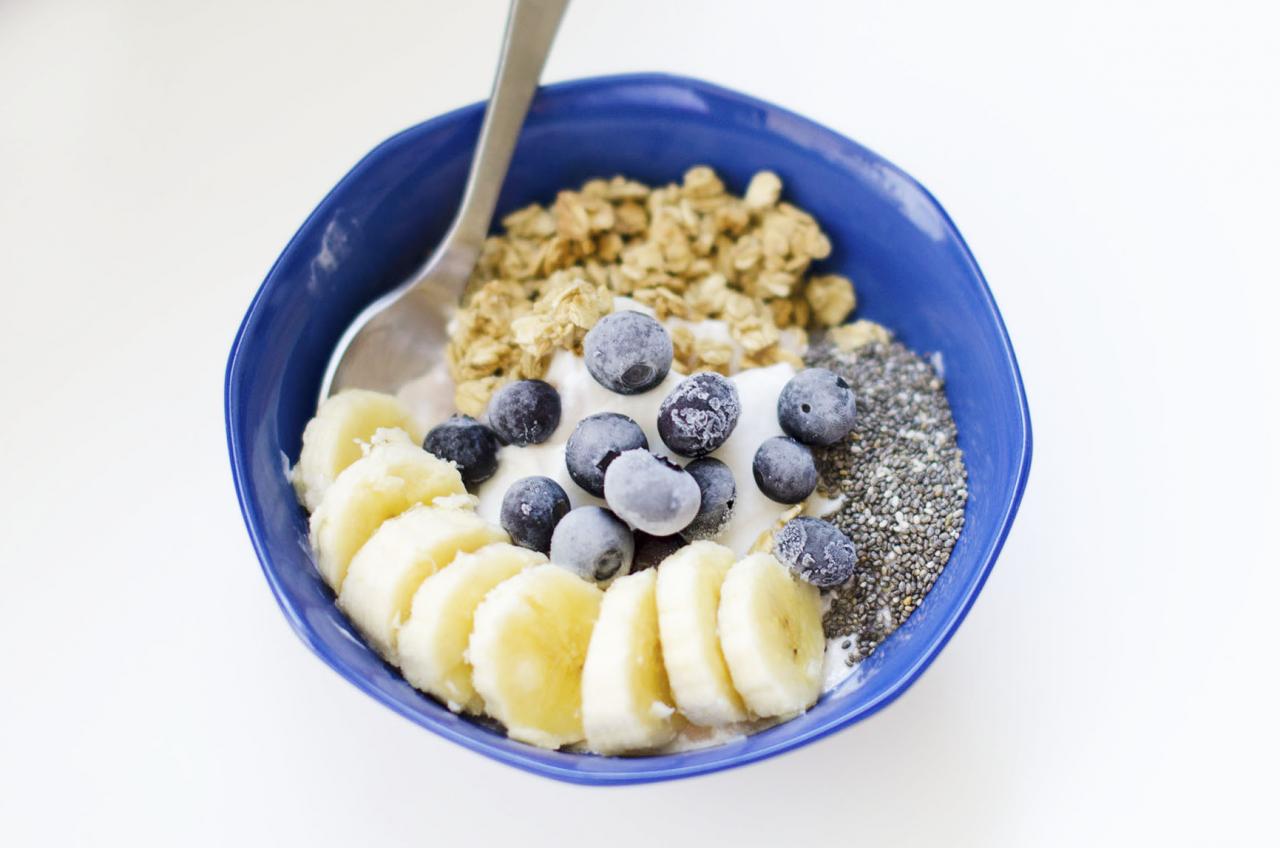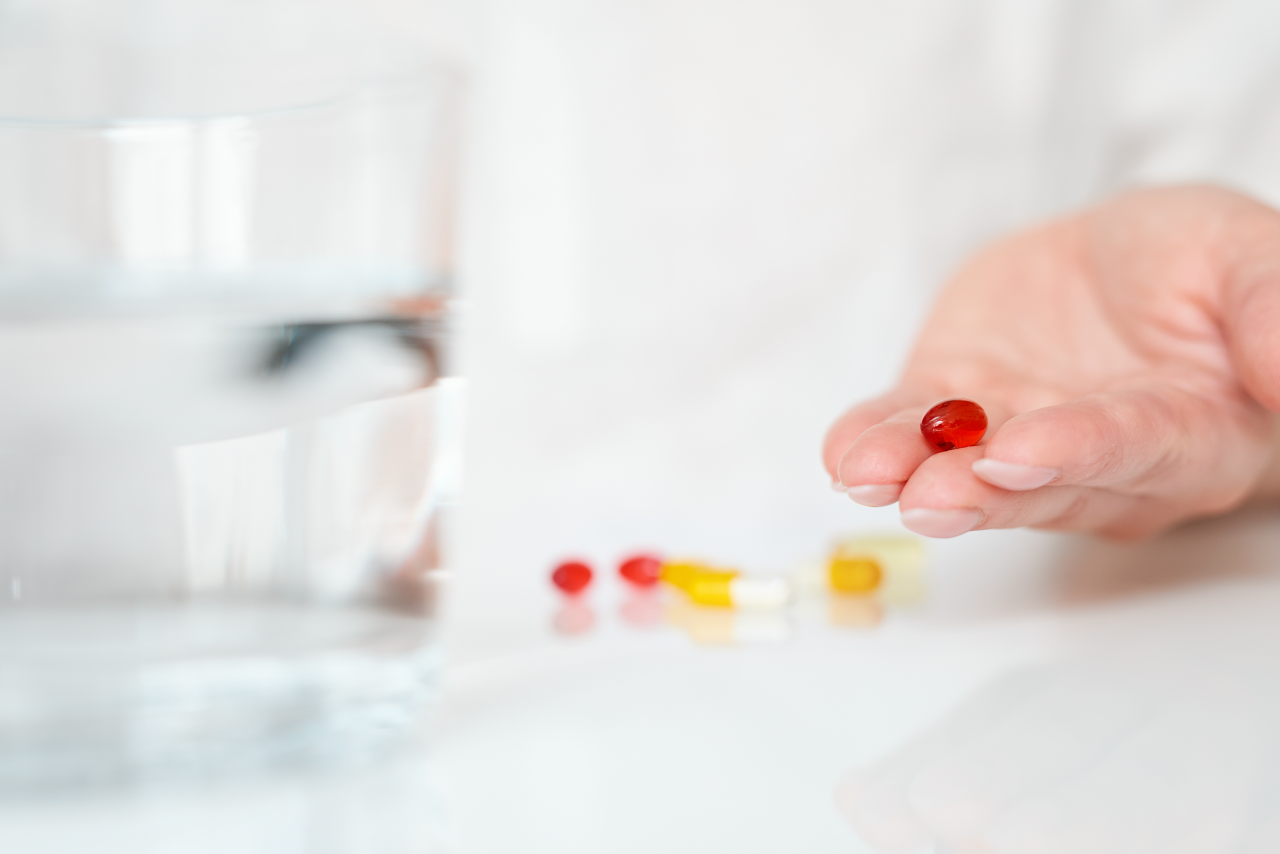
Diarrhea is usually at the top of the list for Crohn’s disease symptoms, but constipation isn’t a rare occurrence for people with Crohn’s disease. Crohn’s disease can affect any part of the gastrointestinal system, leading to a variety of symptoms.
One of the functions of your large intestine is to reabsorb water from digested foods. If your large intestine absorbs too much water, stool can become hard and difficult to move. Constipation can be defined as passing stool fewer than three times per week, or needing to strain in order to pass stool.
The main factors that can contribute to constipation include:
- eating a diet low in fiber
- not drinking enough fluids
- not eating enough
- having a sedentary lifestyle
- ignoring the urge to have a bowel movement
- taking certain medications, including anti-diarrheals, painkillers, and antidepressants
Many people with Crohn’s avoid high-fiber foods, like raw fruits and vegetables, because these irritate their stomachs. Crohn’s disease sufferers also are typically taking several medications and may not be drinking enough water to compensate for bouts of diarrhea. For these reasons, occasional constipation isn’t uncommon for those with Crohn’s disease.
A severe complication of Crohn’s disease is called stricture, which involves narrowing of a section of your intestine from scarring. This can lead to blockage or obstruction of your intestine. Constipation can be a sign of an intestinal obstruction. You should seek medical attention immediately if you develop unmanageable nausea and vomiting, persistent abdominal bloating, or prolonged constipation.
Dietary changes
The simplest remedy for constipation is to eat foods high in fiber. But you shouldn’t increase your fiber intake too quickly, as that could lead to gas or stomach upset. Gradually add the following to your diet and see how it goes:
- beans
- shredded wheat
- bran muffins
- whole wheat breads
- cooked vegetables, such as squash, sweet potatoes, spinach, and peas
- fruit, such as raspberries and prunes
Try to avoid processed snack foods, dairy, meat, and fast food. These foods have little to no fiber. Also, don’t eat any foods that you know make your Crohn’s disease symptoms worse. For example, cooked vegetables may be easier on your stomach than raw vegetables. Don’t increase your fiber intake if you have a stricture.
Fluids
Increase your intake of water and other liquids, like clear soups and vegetable juices. Aim for at least 1.5 liters per day or more. You should also limit your intake of caffeine and alcohol, as these tend to have a dehydrating effect.
Laxatives
Several types of laxatives are available for helping with constipation. Laxatives work in many different ways. Some are harsher than others. Laxatives may interfere with your body’s absorption of certain medications and nutrients, so it’s important that you speak to your doctor before trying a laxative.
Bulk forming agents
Bulk forming agents work by absorbing fluid in your intestines and bulking up your stool. A bulky stool triggers your bowel to contract and push out the stool. Always drink a lot of water along with a bulk forming agent, or it could lead to a blockage in your bowel. Don’t take a bulk forming agent if you think you have a bowel obstruction. In general, these types of laxatives are the gentlest and safest on your body. However, you shouldn’t take a bulk-forming laxative if you have a structure.
Examples include:
- Citrucel
- FiberCon
- Metamucil
- Benefiber
Osmotic agents
Osmotic agents help retain the fluid in your stool. It’s important that you read the directions carefully. Taking too much of an osmotic agent can lead to cramping, diarrhea, dehydration, and a mineral imbalance. Osmotic agents include the following:
- Milk of Magnesia
- Miralax
- Sorbitol
Stool softeners
A stool softener helps add water to stool to soften it and make it easier to pass. These types of laxatives may take a couple days to start working. An example of a stool softener is docusate (Colace, Surfak).
Bowel stimulants
A bowel stimulant works by making your intestines contract. Only take a stimulant if your constipation is severe and other treatments haven’t worked. These are the harshest types of laxatives and only take a few hours to start working.
Some examples of bowel stimulants include:
- Senokot
- bisacodyl (Dulcolax)
Exercise
Lack of exercise causes your bowel movements to slow down. But if you have Crohn’s disease, you may not feel well enough to exercise. Try to find ways to incorporate more movement into your life. Walk instead of using your car, take the stairs instead of the elevator, or try taking regular breaks from your desk to get up and move around.
If you are able to, do some light exercise, like walking, biking, swimming, or yoga.
Adjusting your medications
Some types of medications can cause constipation. If you have diarrhea with your Crohn’s disease, your doctor may have recommended that you take an anti-diarrheal medication such as loperamide (Imodium A-D). Because loperamide acts by slowing down your bowel activity to stop diarrhea, it can occasionally work too well and lead to constipation. If you experience constipation while taking loperamide, stop taking it for a few days and see if your constipation improves.
When to see a doctor
As someone with Crohn’s disease, you should always be having open conversations with your doctor about your symptoms. This is so your doctor can monitor your treatment plan and make changes when necessary. Crohn’s disease is a life-long condition and requires ongoing treatment.
If constipation comes on suddenly, it could be a sign of a serious problem. You could have a blockage in your intestine or severe inflammation that narrows your intestine. See your doctor immediately if you experience symptoms of a bowel obstruction. You may require surgery to remove the diseased portion of your bowel.
Symptoms of a blockage include:
- severe abdominal cramping
- nausea
- vomiting
- a high fever
- bloating
- constipation
- inability to pass gas
The bottom line
While diarrhea is more common in Crohn’s disease, constipation can occur as a result of your diet, water intake, lack of exercise, or medications. If you haven’t had a bowel movement for a few days, first try changing your diet to include more fiber and increase your fluid intake. Talk to your doctor before taking a laxative for constipation.
Read more in Crohn's Disease Resources



Add a CommentComments
There are no comments yet. Be the first one and get the conversation started!